The dreaded “D” word… dandruff! It’s a tricky condition that’s oftentimes difficult to treat. It can be uncomfortable, frustrating, and even embarrassing! So what causes it? What’s the best way to banish those pesky flakes? Are there natural remedies to dandruff that actually work? From medicated shampoos to alternative natural options, what’s the best non-toxic dandruff shampoo and treatment?
Let’s comb through all the details (yes, pun intended)! Keep reading to learn more.
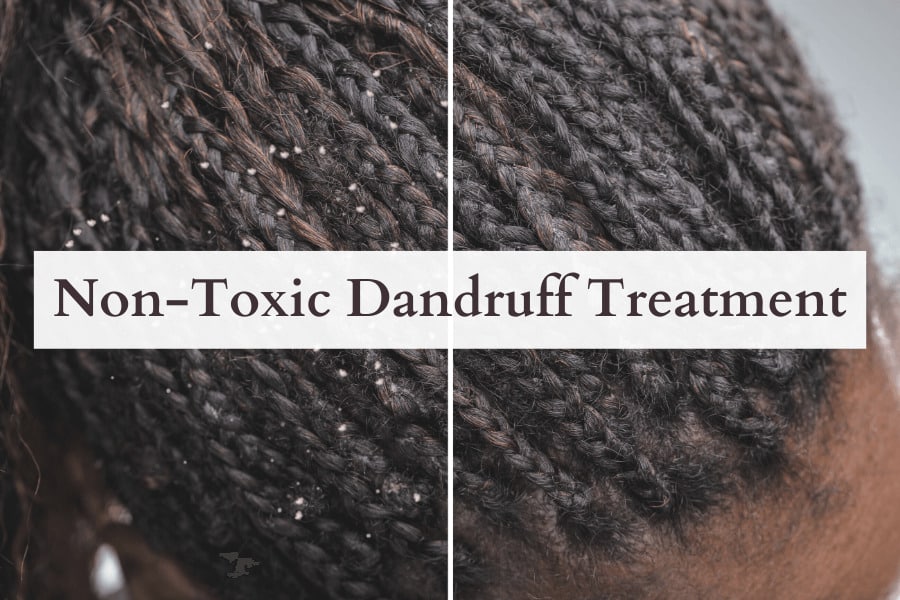
Note: This article contains affiliate links, meaning In On Around will make a small commission at no additional cost to you. This helps me maintain the site. As always, I value full transparency & only work with brands I love and trust.
What Is Dandruff?
Dandruff, also known as seborrhea or pityriasis capitis, is a very common skin condition that leaves you with a dry, itchy, and sometimes painful scalp that can flake off dead skin cells. With a peeling scalp, you’ll have tiny, little white flakes that can fall onto your shirt.
About 1/2 of all adults struggle with dandruff. [1]
Is Dandruff The Same As Dermatitis?
Seborrheic dermatitis (pityriasis sicca), seborrheic eczema, and seborrheic psoriasis are commonly confused with dandruff since they show similar symptoms. [2] Dermatitis is simply a more advanced form of dandruff, but there are distinct differences. While both dermatitis and dandruff can cause an itchy scalp, dandruff is what’s typically on the scalp, while dermatitis can present anywhere on the body.
With dermatitis, you can also experience greasy patches of scalp covered in white or yellow scales. No fun! It impacts most people at some point in their lives… everyone from infants (with cradle cap) to the elderly. And it’s not just found on the scalp! The ears, beard, eyebrows, and even chest can experience dry flaky skin.
For the purposes of this article, both dandruff and dermatitis will be addressed interchangeably.
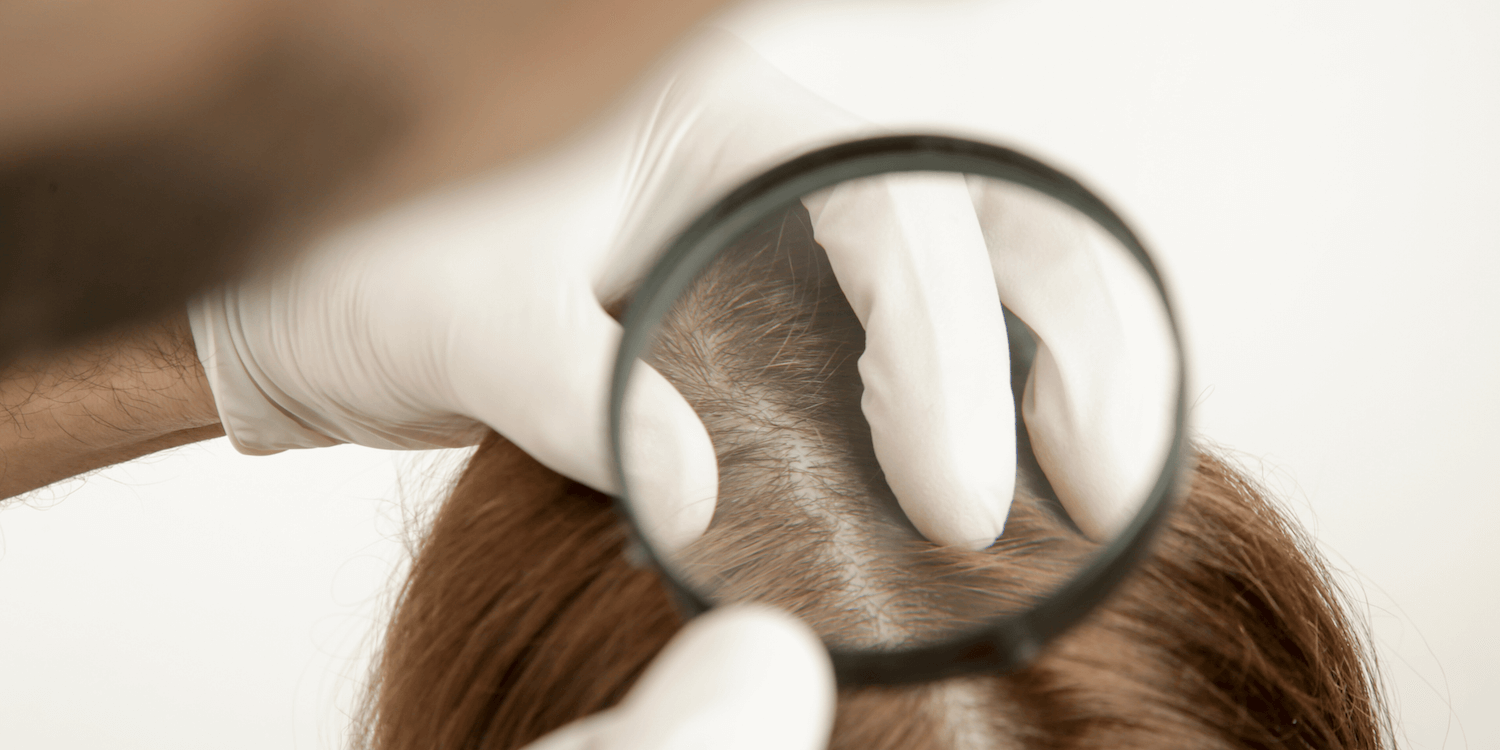
Top 9 Causes Of Dandruff
Dandruff can be caused by a number of different things! Let’s dive into the top 9 causes of dandruff in hair:
1 – Dry Air
Many forms of dandruff are caused by dry, cold air, like during the winter. Some people only experience a flaky, itchy scalp only during the colder months. This can oftentimes go away on its own during the warmer seasons.
2 – Yeast or Fungal Overgrowth
Fungal overgrowth, like from Malassezia or Candida, can feed off the oils (or sebum) on your scalp, which is naturally secreted by the sebaceous glands. These are yeast-like fungi that love humid, moist environments. They’ll especially love it if you sleep with wet hair!
3 – Oily Scalp
Heat, sweat, and pollution can also contribute to extra oil secretion. If you have a particularly oily scalp with dandruff or dermatitis, be sure to wash your hair regularly.
4 – Unhealthy Diet
Since dandruff is oftentimes attributed to yeast overgrowth, sugary foods promote the overgrowth of fungus. If you eat an unhealthy diet with a lot of added sugar and processed foods, you’re at a higher risk of having a flaky scalp.
5 – Irritation From Products
There are thousands of chemicals permitted in personal care products… many of which can be extremely irritating! Parabens, for instance, are common in shampoo and are linked to a host of health issues. It’s best to opt for *truly* non-toxic haircare products… but beware, there’s a lot of greenwashing out there! I can help you weave through the confusing marketing to find products free of potentially toxic ingredients.
To learn more about which specific ingredients you should avoid in cosmetics, check out the Clean Beauty Checklist E-Book, In On Around Consulting, and the In On Around Academy.
Check Out The In On Around Shop
6 – Overbrushing
Overbrushing can sometimes exacerbate dryness and cause skin to flake off. Make sure you’re not brushing your hair too frequently! Lightly brushing your hair twice a day (morning and night) should be plenty.
7 – Chronic Illness or Medical Conditions
Those with chronic illnesses, gut health imbalances, poor circulation, nervous system conditions (like Parkinson’s), or compromised immune systems (like HIV/AIDS) can also experience dandruff. Hormonal imbalances and stressful medical conditions (like heart attacks) can also spur on dandruff.
Psoriasis can look very similar to dandruff, however, it can affect the majority of the body. Psoriasis patches can be very painful, red, inflamed, and itchy. Some people may also experience dermatitis, eczema, or seborrheic blepharitis.
8 – Improper Hygiene
If you haven’t washed your hair recently, it can lead to dandruff. Make sure you have a regular hair care routine to stay clean.
9 – Food Allergies Or Sensitivities
Food allergies or food sensitivities can present in a number of different ways, including with a dry, flaky scalp. Those with a dairy or gluten intolerance are especially at risk.
To learn more about the health benefits of going gluten-free, check out this article: Gluten-Free Diet Pros And Cons For Non-Celiacs
What Ingredients Are In Anti-Dandruff Shampoo?
Conventional dandruff shampoos oftentimes contain active ingredients such as:
- Zinc pyrithione (used in the popular Head and Shoulders shampoo)
- Coal Tar (used in Neutrogena T/Gel Scalp shampoo)
- Salicylic Acid (used in Neutrogena T/Sal Scalp shampoo)
- Selenium Sulfide/Sulfur (used in Selsun Blue shampoo)
- May be carcinogenic to humans and is especially linked to liver and lung cancer. [15]
- Selenium Sulfide is a sulfur-derived product.
- Ketoconazole (used in Nizoral shampoo)
- There’s serious risk of liver damage with this oral medicine, sometimes serious enough to require liver transplantation or death. [16, 17, 18, 19] Liver injury is possible from topical application.
- Linked to irregular heart rhythms (QT prolongation), hair loss, burning, pimple-like bumps on the scalp, and more. [20]
Most of these ingredients should be completely avoided when possible, especially if looking to conceive or are pregnant/breastfeeding. Many conventional shampoos also contain a host of other potentially toxic ingredients, like parabens, phthalates, synthetic fragrance, and more.
Just because it’s sold on shelves, doesn’t mean it’s safe. Use extreme caution around medicated anti-dandruff shampoos.
FDA Regulations Over Dandruff Shampoo
Did you know that dandruff shampoo is regulated differently than most other cosmetics? Anti-dandruff shampoo is classified as a drug (medicine) in the eyes of the Food & Drug Administration (FDA) – it’s not just a cosmetic! [21]
If a product contains the above-listed active ingredients, it’s classified as a drug. Dandruff shampoos are medicated since they contain strong topical antibacterial and antifungal active ingredients. [22]
While these active ingredients are in low doses (usually 0.1 – 5%, depending on the chemical), they can still cause serious side effects, especially with long-term use. Small doses add up.
How To Avoid Dandruff
Luckily, there are certain things you can try to do to prevent dandruff! Follow the below best practices:
- Don’t overbrush your hair
- Remove scalp buildup with a silicone scrubber, especially if you use a lot of hair products like mousses or oils
- Eat a well-balanced diet
- Focus on a diet high in healthy fatty acids (Omega-3s), probiotics, and zinc. [23, 24, 25]
- Improve your gut health to reduce inflammation!
- To learn more about eating an anti-inflammatory diet, read this article.
- Reduce intake of fried and processed foods, added sugar, and refined carbs.
- If you’re struggling with a yeast overgrowth, it’s best to incorporate a yeast-elimination diet, but speak with your doctor.
- Massage your scalp with oil occasionally, but wash thoroughly afterwards
- Getting more blood-flow to the scalp can potentially help with dandruff and circulation.
- Don’t sleep with wet hair (it’s a moist breeding ground for bacteria and fungi)
- Use a high-quality shower filter
- Minimize your stress levels
- Stress can exacerbate inflammation and suppress your immune system, which can impair your body’s ability to combat scalp fungus.
- Many people who struggle with seborrheic dermatitis also struggle with stress management
- Maintain good hygiene
- Wash your hair often
- Leave the shampoo on your hair for 5 minutes before rinsing out
- Use non-toxic hair products (recommendations listed towards bottom of article)
- If you’re looking for hundreds of non-toxic product recommendations, check out the In On Around Shop (… it’s free!).
- Avoid sharing hair brushes and pillow cases (for proper hair hygiene)
- Sleep in a silk bonnet or a silk pillowcase if you’re trying to avoid unnecessary scalp irritation
If you must use a medicated anti-dandruff shampoo, salicylic acid is the lesser of the evils. I personally would opt for salicylic acid instead of coal tar or zinc pyrithione.
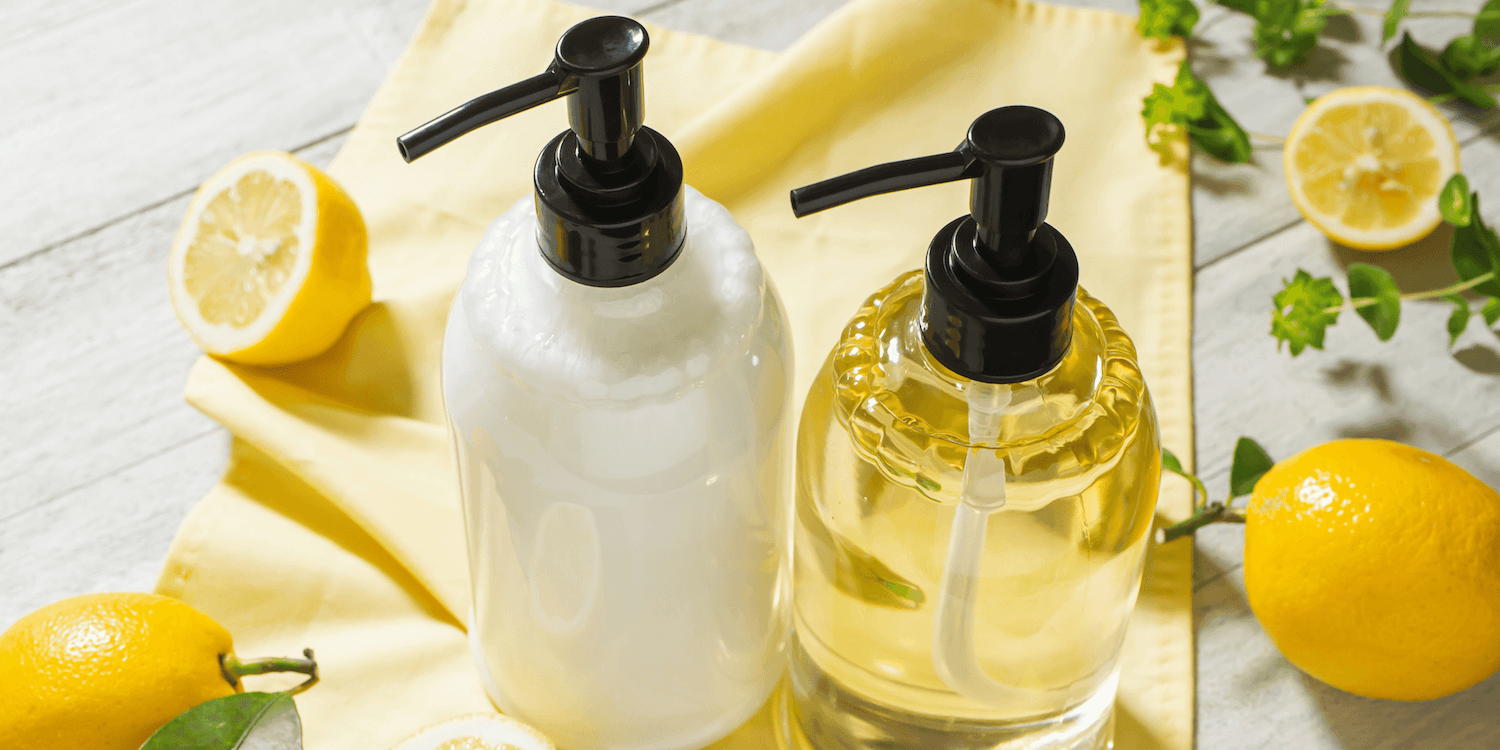
Does Dandruff Cause Hair Loss?
No, dandruff does not directly cause hair loss, however over-scratching the scalp can lead to hair loss. Constantly itching an irritated scalp can injure the hair follicles. It’s best to get dandruff under control if you have thinning or weak hair!
How Does Dandruff Relate To Gut Health?
Yes, dandruff can relate directly to gut health. If you’re struggling with yeast overgrowth on your scalp, it’s likely a sign that you have yeast overgrowth in your gut. While this is not true for everyone, it’s important to focus on your gastrointestinal health as well.
Healthy gut = Healthy skin = Healthy scalp
Can You Use Dandruff Shampoo When Pregnant?
Women who are pregnant or breastfeeding should avoid many conventional anti-dandruff shampoos, especially coal tar and zinc pyrithione. When you’re pregnant, it’s not uncommon to experience an oily scalp due to hormonal fluctuations. You should only opt for natural pregnancy-safe dandruff shampoos. In an abundance of caution, it’s best to avoid medicated shampoos while pregnant and/or breastfeeding.
Can Dandruff Be Cured Permanently?
Usually, dandruff isn’t cured permanently, however with regular treatment it can get under control. Some people experience dandruff once or twice, and never experience it again. Other people can experience it throughout their lifetime and it requires consistent treatment. Usually, it can be sporadic.
Is Dandruff Contagious?
No, dandruff is not necessarily contagious, however, fungal infections can be. If you have a yeast overgrowth, like Candida, and you have a weakened immune system, you’re at a greater risk of contracting dandruff. It’s always best to avoid sharing hair brushes and pillowcases just in case.
Natural Ingredients To Combat Dandruff
There are plenty of natural ingredients that can help combat dandruff (without toxic medicated shampoos)! Look for:
- Apple Cider Vinegar (My favorite!)
- Create a scalp wash with diluted raw unfiltered apple cider vinegar (about ~4 tablespoons of ACV with 16 ounces of water). Pour it over your scalp, leave for about 15 minutes (or less if it’s too irritating), then rinse out thoroughly.
- ACV has a strong smell, however after shampooing the smell quickly dissipates.
- Keep in mind that you should never use pure ACV without diluting it – it’s very strong and can dry out your hair.
- Tea Tree Oil
- This is a very powerful anti-inflammatory antimicrobial since it controls terpinen-4-ol compound [26, 27, 28]
- Make sure you properly dilute it with a carrier oil if you’re using pure tea tree extract. Just a few drops in your regular shampoo can do the trick! Too much tea tree oil can lead to irritation.
- Leave on your scalp for about 5 minutes and wash off with cold water
- Note: tea tree oil does have a strong smell
- Aloe Vera
- Neem Oil
- Neem has antiviral, antibacterial, antifungal, and antiseptic properties, which can be great at tackling dandruff. [29]
- It’s very potent, so use caution and make sure it’s properly formulated if putting on your scalp.
- Lemongrass Oil
- Lemongrass can support hair growth, while eliminating itchiness! [32]
- Like other essential oils, it’s very potent, so use caution and make sure it’s properly formulated if putting on your scalp.
Fenugreek seeds (popular in India) and bringadi oil are also popular natural methods. Keep in mind that many of these natural remedies have not been thoroughly tested, so results may vary. As always, listen to your body. If you’re reacting to a certain ingredient (even if it’s natural), it’s best to avoid that trigger or irritant.
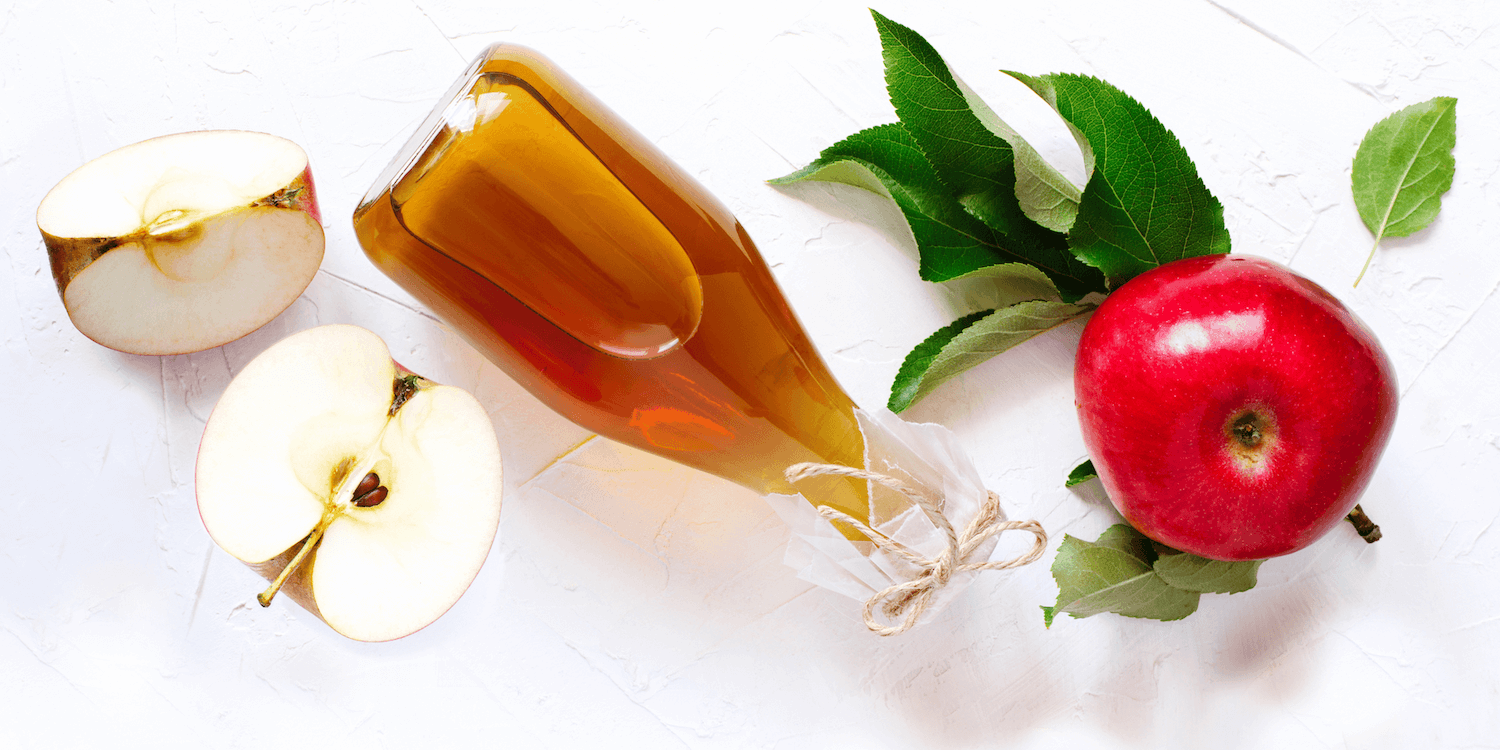
Only In Moderation
Keep in mind that these ingredients, while natural, can cause damage over time, so they should not be used on the scalp on a regular basis.
- Baking Soda
- Baking soda has antifungal properties and can reduce itchiness/irritation, however it can contribute to cuticle damage, hair breakage, and frizz due to the pH level. [33] In the short-term, it may help, however there are other options that won’t damage your hair follicles.
- Coconut Oil
- If you have seborrheic dermatitis, coconut oil can actually make your scalp MORE oily and make dandruff worse. For those with atopic dermatitis, it could potentially be helpful for a scalp massage, as long as you shampoo thoroughly afterwards. [34]
- Lemon Juice
- Some people believe lemon juice (citric acid) can help with dandruff, although studies are limited to prove this.
- It can bleach your hair or dry it out if used too frequently without diluted, so use caution.
Best Anti-Dandruff Brands
Check out the best anti-dandruff shampoo, scalp washes, scrubs, serums, oils, and sprays! You may need to try out a few methods to find one that works for you.
Shampoos
- Carina Organics Dandruff Shampoo (best ingredients, but may not be strong enough for some people)
- Attitude Super Leaves Scalpcare – shampoo & body wash combined
- Medicated options with salicylic acid (with some ingredients to avoid):
Use these with a gentle silicone scalp scrubber!
Scalp Washes & Scrubs
- Apple Cider Vinegar (make sure you dilute it) – My favorite!
- Luna Nectar Hair Shine Rinse with ACV
- Innersense Natural Scalp Scrub
Use these squeeze bottles with apple cider vinegar for easy application.
Scalp Serums & Oils
- John Masters Scalp Purifying Serum (10% off code: inonaround) – My favorite!
- Captain Blankenship Hair & Scalp Serum
- Innersense Scalp Oil
- Luna Nectar Hair & Scalp Serum
- Alodia Soothe Scalp Oil
- Earthley All-Natural Yeast Salve
- Beneath Your Mask Scalp Serum
Great For Seborrheic Dermatitis (Fungus)
- Derma Zen Calming Seborrheic Serum
- Derm Essentials: [Likely discontinued]
- Facial Stick
- Shampoo Bar
- Scalp Oil
Body Wash & Spray (For Full-Body)
- Aleavia Organic Probiotic Body Wash
- Dr. Bronner’s Pure-Castile Tea Tree Soap
- BLDG Active Spray (for open wounds on the skin, like if you scratched open a patch of dermatitis or eczema)
If you struggle with dermatitis and have a waxy film on your hair, sometimes a clarifying shampoo, like Attitude’s, can help. Without a clarifying shampoo, it can be very difficult to wash off the waxy film… making your hair look even greasier, even after just washing it.
As always, use a shower filter. To find more non-toxic products, check out the In On Around Shop (free access)!
Final Thoughts – The Bottom Line on Non-Toxic Dandruff Shampoo
Dandruff can be a tricky condition to treat, but natural remedies may be able to help! You may need to try multiple brands or methods to find one that works best for your specific issue. Not all home remedies will work for you, so don’t get discouraged. Whether you have dandruff from dry air or dermatitis from a fungal overgrowth, there are options available to get the condition under control without putting your health at risk.
As always, look internally. Why are you getting dandruff in the first place? Are you struggling with your gut health? Do you have an underlying condition? The more investigating you do, the better you are at solving the root cause.
⬇ Pin this “Non-Toxic Dandruff Shampoo & Natural Dandruff Cures” pic on Pinterest for future reference! ⬇
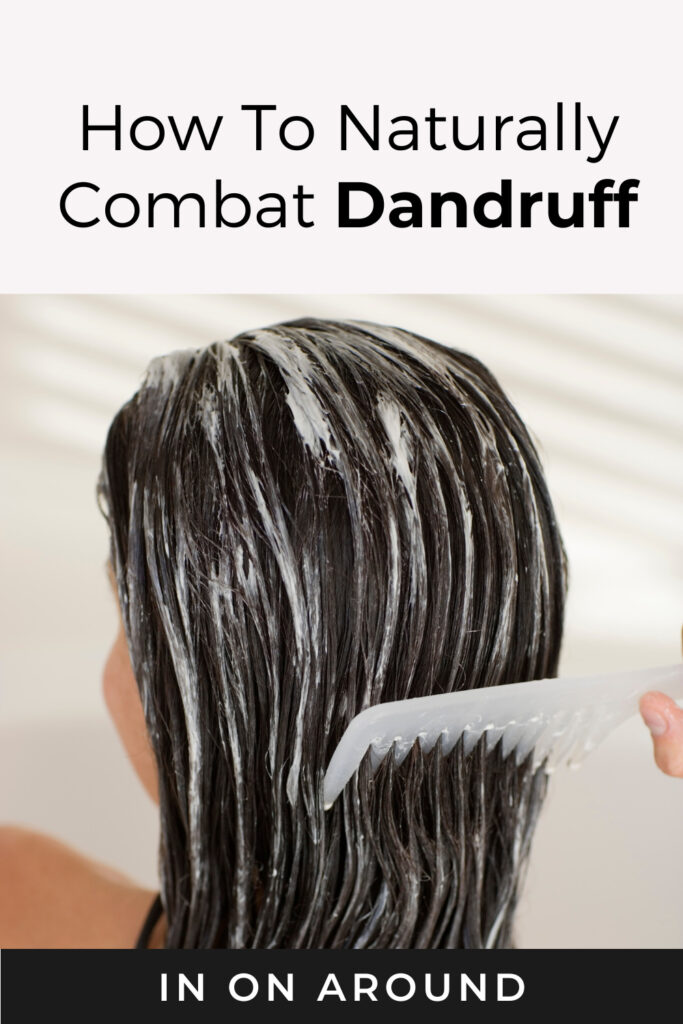
Frequently Asked Questions – Non-Toxic Dandruff Shampoo
Click on the below FAQs to learn more about non-toxic dandruff shampoo, natural dandruff cures, anti-dandruff recipes and mixes, causes of dandruff in hair, natural dandruff treatments that work & more.
Can You Use Dandruff Shampoo When Pregnant?
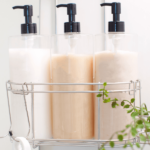
Women who are pregnant or breastfeeding should avoid many conventional anti-dandruff shampoos, especially coal tar and zinc pyrithione. When you’re pregnant, it’s not uncommon to experience an oily scalp due to hormonal fluctuations. You should only opt for natural pregnancy-safe dandruff shampoos. In an abundance of caution, it’s best to avoid medicated shampoos while pregnant and/or breastfeeding.
Can Dandruff Be Cured Permanently?

Usually, dandruff isn’t cured permanently, however with regular treatment it can get under control. Some people experience dandruff once or twice and never experience it again. Other people can experience it throughout their lifetime and it requires consistent treatment. Usually, it can be sporadic.
Is Dandruff Contagious?
Is Anti-Dandruff Shampoo A Drug?
Do you struggle with dandruff?
Let me know your thoughts and key takeaways in the comments below!
You can watch our web story here.
xoxo,

Want to read more? Check out my other articles here!
References on Non-Toxic Dandruff Shampoo: Be Beautiful, Kama Ayurveda, Isabella’s Clearly, The Healthy, Tom’s Of Maine, Man Matters, NDTV, Purplle, Mayo, Kalista Salon, CVS, Cancer, Biocote, The Ecologist, Ro, Today, Business Insider, Dry Scalp Gone, Pretty Organic Girl, Dr. Axe, Mindbody Green
Copyright In On Around LLC 2022 ©. The statements made on this website have not been evaluated by the FDA (U.S. Food & Drug Administration). They are not intended to diagnose, treat, cure, or prevent any disease. The information provided by this website should not be used as individual medical advice and you should always consult your doctor for individual recommendations and treatment. The information contained in this site is provided on an “as is” basis. Related to this site, there are no guarantees of completeness, accuracy, usefulness, or timeliness. In On Around LLC assumes no responsibility or liability for any errors or omissions in the content of this site.

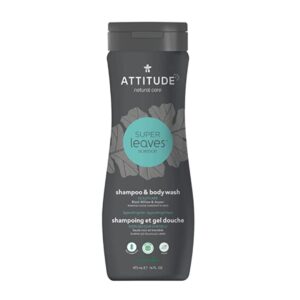
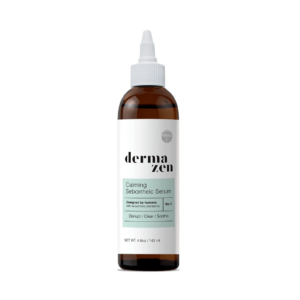
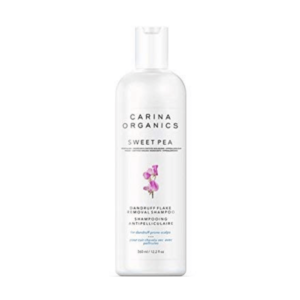
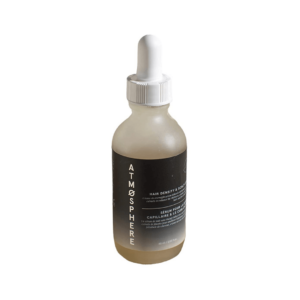
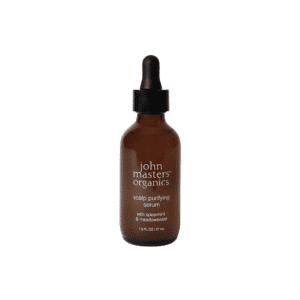
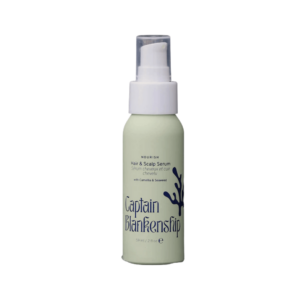
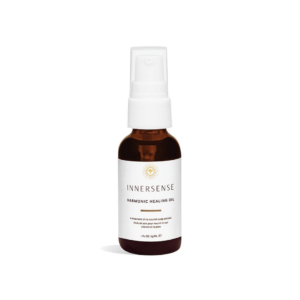
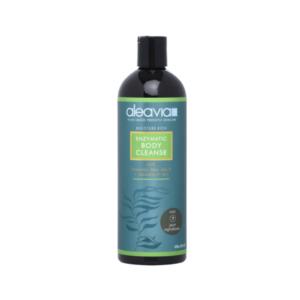
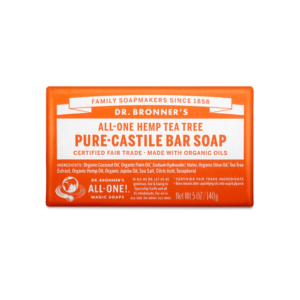
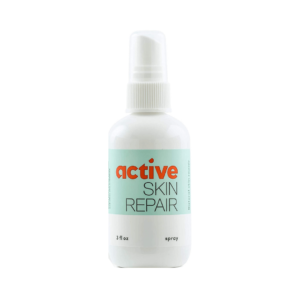
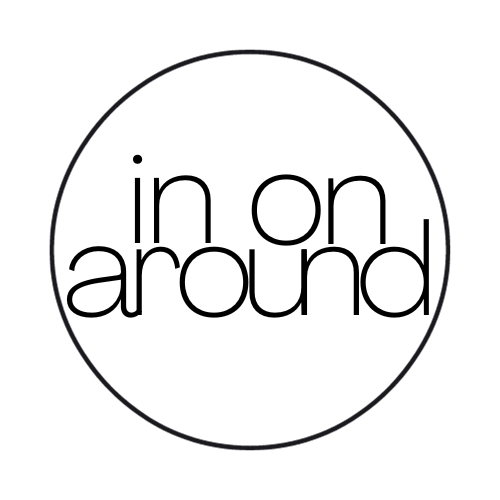

2 Responses
Super helpful info!
So happy to hear that! Thank you for the support